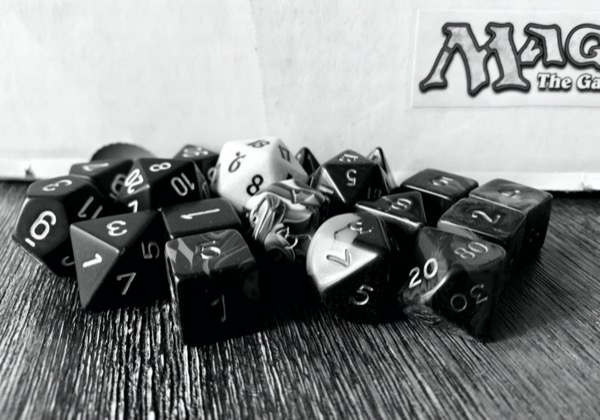Games at Work
|
~400 words |
~2 minutes
#books
#reflection

I recently finished reading David Allen’s Making it All Work, and the subtitle has captured my imagination. It reads: “Winning at the Game of Work and Business of Life.” I appreciate the way this subtitle flips traditional associations of “business” with “work” and suggests reframing it as a “game” instead. Seeing work as a game is a helpful perspective for understanding how it fits into our life.
There are some interesting similarities between games and work:
- Usually, more than one player is involved
- The Objective(s) define what constitutes winning or losing
- There are guidelines or rules for acceptable actions/behaviors
- Often, a combination of strategy, skill, and “luck” increase your chances of winning
- Prior wins/losses do not determine future outcomes
Some games are addictive and enjoyable; the replay value brings players back often. Likewise, there are workplaces where employees love coming to work. In both cases, you find the following:
- People with a shared interest in the “game” and a desire to win
- A firm grasp of the objectives, rules, and an expectation of integrity
- Willingness to learn about “game” mechanics and strategies for winning
- Concrete, surmountable, appropriately challenging, and engaging goals
- Groups leverage the strengths and talents each person contributes
- Teams encourage timely and tactful feedback to enhance performance
It’s true of games and work: success and failure grant experience. Yet with success comes (epic) rewards and opportunities for next-level challenges.
Conversely, there are games people avoid playing and jobs no one wants to do. These experiences also have some common characteristics:
- The “game” is a repetitive task which patronizes a person’s skills
- The objectives are unrealistic and far too often result in failure
- The rules are easily exploited, inviting players to compromise their integrity to “win”
- Poor instructions, limited support and little or no interaction with others
- Lack of recognition for the time/effort expended to realize success
- The difficulty increases without giving players a way to increase knowledge, develop skills, or upgrade equipment
You can probably figure out which “game” your workplace resembles without much effort. The question is: if you’re not happy with it, can you change the game or should you find somewhere new to play? Whatever you do, don’t stop playing; that’s not fun at all.
← Previous Post: Games for Macbooks
→ Next Post: Interdimensional Puzzles